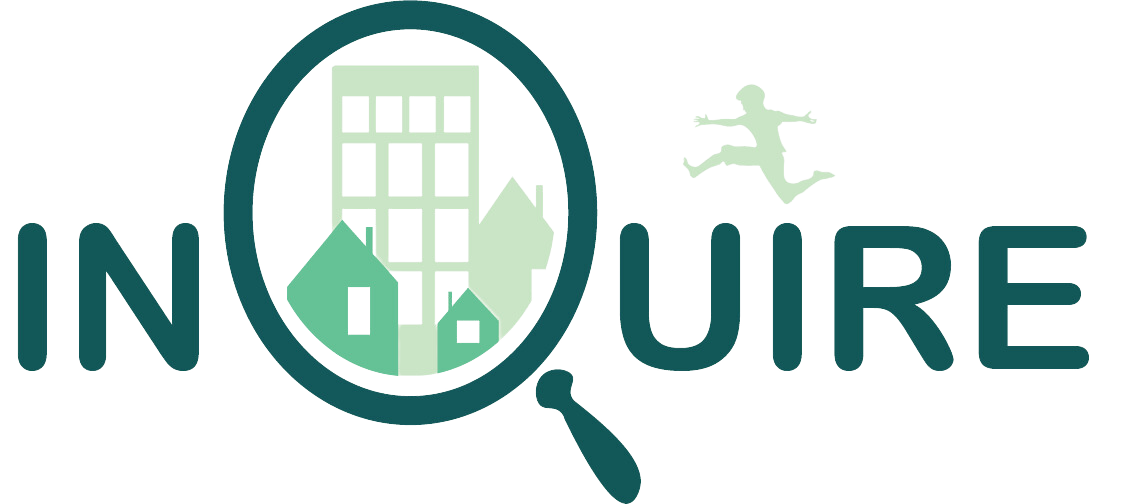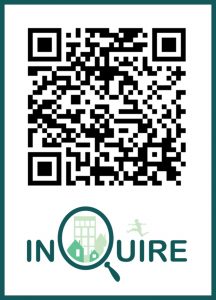Project Description
Enabling homes to realise zero pollution holds multiple health benefits for all Europeans – especially our children. This is the goal of the EU-funded INQUIRE project. It will provide the knowledge, tools and measures needed to significantly enhance indoor air quality. Research on hazardous determinants and their sources, risk factors and effects will focus in particular on infants and young children up to 5 years old. The work will include non-invasive sampling and monitoring of over 200 homes in eight countries over the course of 1 month. Results will inform evidence-based recommendations and support beneficial exploitation by industry and policymakers.

News & Events
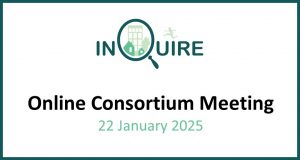
INQUIRE Consortium Meeting TODAY!!!
Welcome to the 2025 online INQUIRE consortium meeting
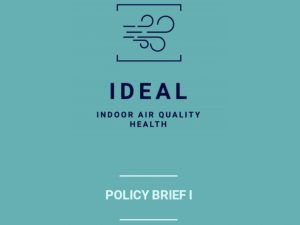
First IDEAL Cluster Policy Brief
The first IDEAL Cluster policy brief is out – check it out!
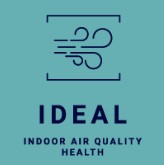
IDEAL workshop – don’t miss out!
Are you interested in air quality research?
Join our workshop and learn how we use real-life air pollutants for in vitro toxicological assessment!
Social media
New publication alert!🔔
“Exposures in Indoor Air Affecting Health” is now out — bringing insights from 7 EU-funded projects working together under the #IDEALCluster.
👉You can view the full article on: https://onlinelibrary.wiley.com/doi/epdf/10.1111/all.70179
#IDEALCluster #eu #cofunded #EUresearch #IAQ
🌬️ 𝐁𝐫𝐞𝐚𝐭𝐡𝐢𝐧𝐠 𝐟𝐫𝐞𝐬𝐡 𝐧𝐞𝐰𝐬! 𝐓𝐡𝐞 #TwinAIR 𝐍𝐞𝐰𝐬𝐥𝐞𝐭𝐭𝐞𝐫 𝐢𝐬 𝐧𝐨𝐰 𝐚𝐯𝐚𝐢𝐥𝐚𝐛𝐥𝐞🚀
👉Stay informed with the latest updates, insights, and more
𝐂𝐡𝐞𝐜𝐤 𝐢𝐭 𝐨𝐮𝐭 𝐧𝐨𝐰!
🔗 https://twinair-project.eu/twinair-newsletter-fourth-edition-now-available/
#TwinAIR #eufunded #hadea #IndoorAirQuality
Participants & Partners
Funding


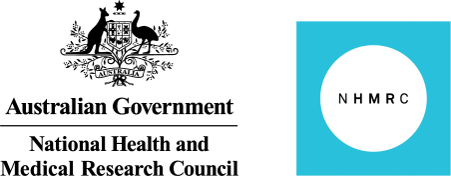
This work was co-funded by UK Research and Innovation (UKRI) under the UK government’s Horizon Europe funding guarantee [grant number 10038689 and 10042425].
Co-funded by the European Union. Views and opinions expressed are however those of the author(s) only and do not necessarily reflect those of the European Health and Digital Executive Agency (HaDEA). Neither the European Union nor the granting authority can be held responsible for them.
The work received funding support from the Australian National Health and Medical Research Council (NHMRC) [NHMRC; 2022/GNT2017837].
